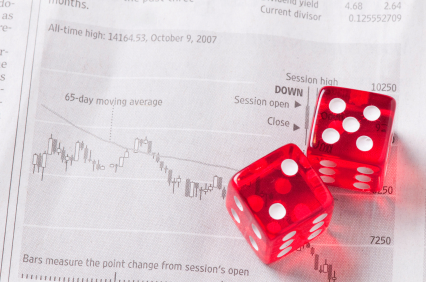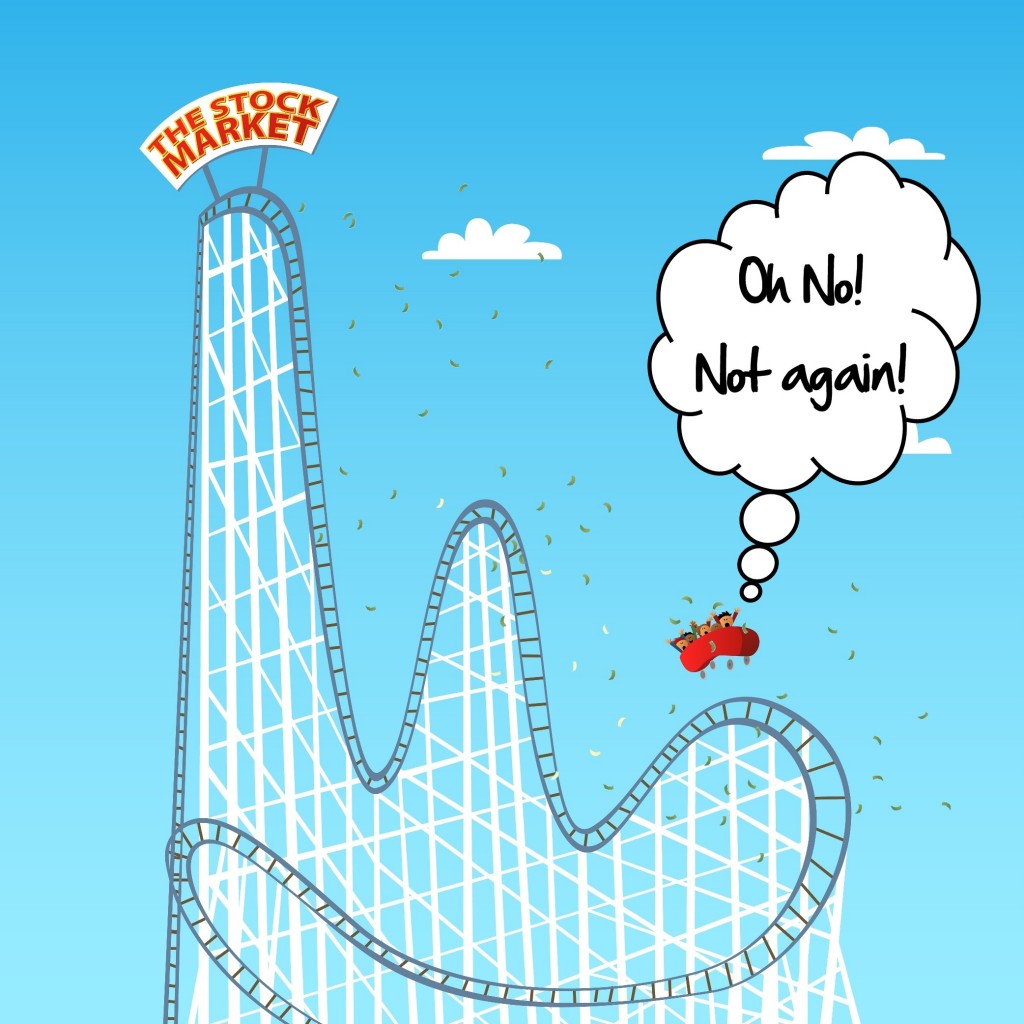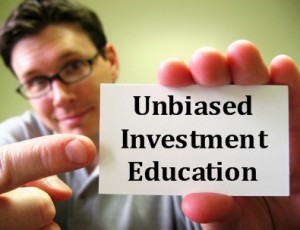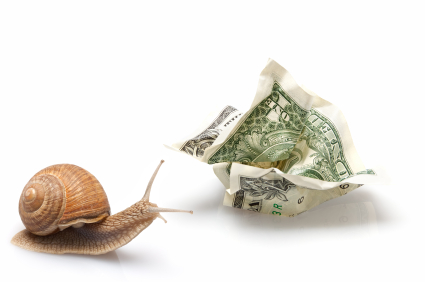There have been a spate of articles in the financial media recently encouraging retirees to catch up on savings shortfalls by investing as much as 40-60% of their nest egg in the stock market.
These “experts” promote the concept as if it makes perfect sense to make up for your gambling losses by doubling your bets.

To me, it’s appalling that anyone would advise those who are already retired to gamble their life’s savings on the volatile, risk-filled world of Wall Street.
But my message – that Wall Street is unstable and potentially as explosive as nitroglycerin – is really not age specific. The stock market can (and will) blow up in your face at any age.
For most Americans – and Wall Street goes to great lengths to hide this truth – the stock market is a promise unmet.

The success myth hyped by the financial services industry is like a casino showcasing its big winners, without mentioning that the prize pool derives from the much larger pool of losers who generate huge profits for the operators, but who themselves walk away worse off than if they had stayed at home.
Money isn’t the only price that the Wall Street casino extracts from most investors
[Read more…] “The Recession is Over… If You’re On Wall Street”









